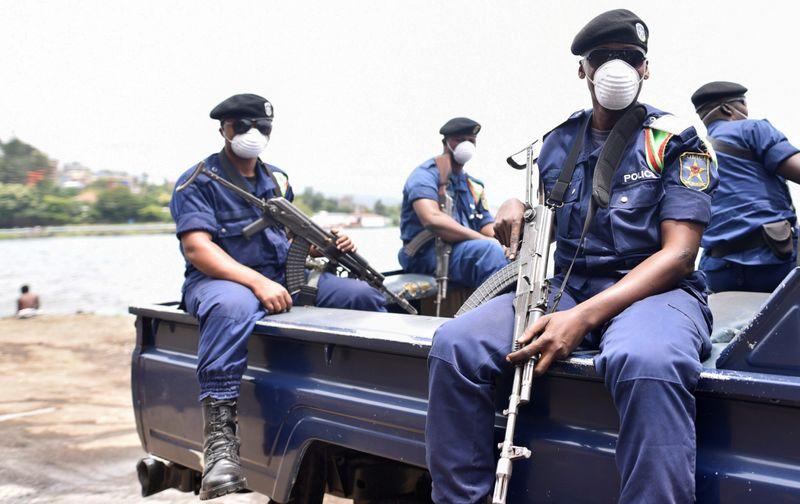×
The Standard e-Paper
Kenya’s Boldest Voice

Congo’s deputy health minister has accused cabinet members of receiving kickbacks on government contracts for the coronavirus response while health workers went unpaid for months.
Albert M’peti Biyombo told Reuters on Wednesday that a confidential letter from him to the prime minister dated June 29, which was widely shared on social media, was authentic, adding: “I don’t know how it got out.”